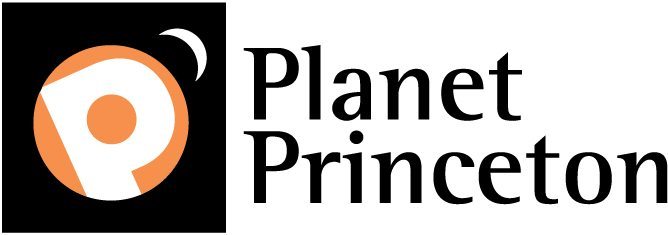Princeton Council slated to introduce $72.47 budget on Monday
The Princeton Council will vote Monday night to introduce a $72.47 million budget for 2023. The public hearing for the budget is set for April 10.
The total anticipated tax levy for 2023 is about $39.7 million. That is an increase of about $1.27 million over the 2022 tax levy of $38.4 million.
Under the proposed budget, expenses for legal services will increase from $471,666 to $560,000.
In the “general government expenses” category, the budget will increase from $403,464.57 to 2,075,862.00.
IT support will increase from $687,588 to $864,000.
Employee group insurance is slated to increase from $4.3 million to $4.96 million.
Salaries and wages for the police department will increase from $4.52 million in 2022 to about $4.72 million.
Police dispatch services, outsourced several years ago to save money, are slated to increase by almost 39%, up from $792,770 to $1.1 million.
Garbage and trash costs are slated to increase by about 50%, up from $1.56 million in 2022 to about $2.35 million in 2023.
Deer management costs are slated to increase from $111,030 to $181,600.
Corner House salaries and wages will increase from $465,610 to $528,263. Other Corner House expenses are slated to increase from $54,653 to $142,488.
Costs for police retirements will increase from $2.2 million to $2.4 million.
Costs for other public employee retirements will increase from $1.5 million to $1.8 million.
Funding for the library will be almost flat, with the library receiving $100,000 more than the $4.4 million it received last year.
The Stony Brook Regional Sewerage Authority budget will increase from about $3.4 million to almost $5 million, a 47% increase.
Principal owed on municipal bonds will decrease from $8.5 million to $8 million. Bond interest payments will also decrease from $1.5 million to about $1.3 million. Interest on bond anticipation notes will increase from $15,750 to $377,500.
The environmental infrastructure loan program payments will increase from $8.5 million to about $1.1 million.
The budget also lists the 2022 and budgeted 2023 payments in lieu of taxes for various institutions and nonprofits in the municipality.
| Institution | 2022 PILOT Amount | 2023 PILOT Amount |
| Princeton University | $3.76 million | $3.76 million |
| Princeton University (additional) | $150,000 | $150,000 |
| Institute for Advanced Study | $250,000 | $250,000 |
| Tenacre Foundation | $500,000 | $500,000 |
| Princeton Community Village | $404,748 | $375,000 |
| Elm Court | $110,417 | $100,000 |
| Princeton Theological Seminary | $210,000 | $200,000 |
The Princeton Council meeting begins at 7 p.m. Monday at the municipal building on Witherspoon Street. The meeting is also streamed live. The proposed budget can be viewed online as part of the council agenda packet, beginning on page 62.
A resolution awarding a contract to the public relations firm Taft Communications for the design and implementation of the town’s newsletter is also on the agenda. Taft’s CEO is Princeton resident Ted Deutsch. There was no dollar amount listed in the agenda packet as of Sunday morning, and no contract or details were included in the council agenda. A review of the bills lists the council approves at meetings shows the company is being paid $8,000 about every two weeks.
The council will also introduce an ordinance that would allow the town to increase municipal spending beyond the state cap for the 2023 calendar year. State law limits municipal budget increases to 2.5%, or the cost-of-living adjustment annually calculated by the U.S. Department of Commerce and the Bureau of Economic Analysis, whichever is lower. The state allows municipalities to, by ordinance, increase the budget to 3.5% over the previous year’s final appropriations. The council will be able to increase the budget an extra $1.5 million above the normal limit if the ordinance is approved. Any money not used could be kept and used in the following two years.
The spending cap is separate from the 2% property tax levy cap imposed on municipalities. The council is not allowed to raise the property tax levy by more than 2% without seeking voter approval, but there are certain exceptions.

